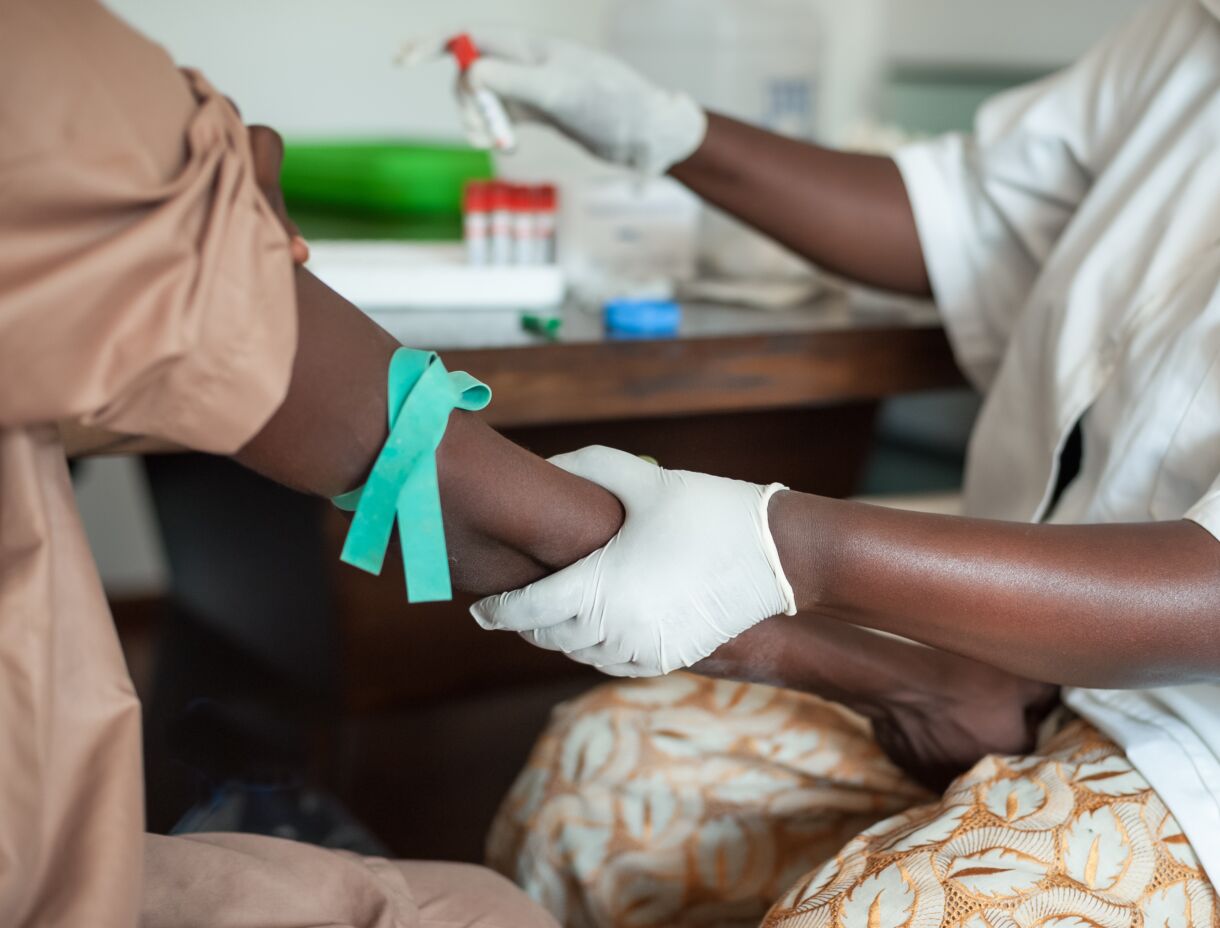
Offering hope to families affected by genetic disorders
Dr Emma Baple and her team of researchers at the University of Exeter have received six Changing Policy and Practice Awards from our Fleming Memorial Fund, totalling £176,000, for their landmark translational research project - ‘Windows of Hope’.
The ‘Windows of Hope’ team has defined over 150 different genetic disorders in North American Anabaptist (Amish/Mennonite) communities, more than 25 of which are new to medical science. The team’s findings have revolutionised the approach to molecular diagnostic testing and genetic counselling.
Our awards have allowed their team to disseminate their research findings and deliver wide-ranging benefits to families affected by genetic disorders and their healthcare and education providers.
The team has created a searchable database of all known inherited disorders affecting the communities, which is widely used by clinicians, genetic counsellors, healthcare professionals, teachers and academics worldwide. Educating professionals on the benefits of a community approach to genomic medicine and research has been crucial to Emma’s research, helping to reduce health inequalities faced by communities affected by inherited disease, and ultimately improving long term health and developmental outcomes.

Emma’s team have directly enabled early intervention, improved patient management and therapeutic development for these communities, as well as other families with these conditions worldwide. The team has since used the Windows of Hope project as a model for parallel studies in Pakistan, Palestine and Oman.
“Before the Windows of Hope project began in 2000, less than five per cent of people in Anabaptist communities with a genetic disorder had received a diagnosis,” says Emma.
“Now, that figure is around 70-80 per cent. For many of the families we have worked with, the specific genetic cause of the disorder affecting them was not known to medical science prior to our studies.
“Lack of knowledge and awareness of these newly described conditions among the Amish community and their healthcare providers meant that children with genetic disorders have often been subjected to needless, expensive and sometimes painful investigations, and so obtaining a diagnosis has been incredibly important for these families.”


